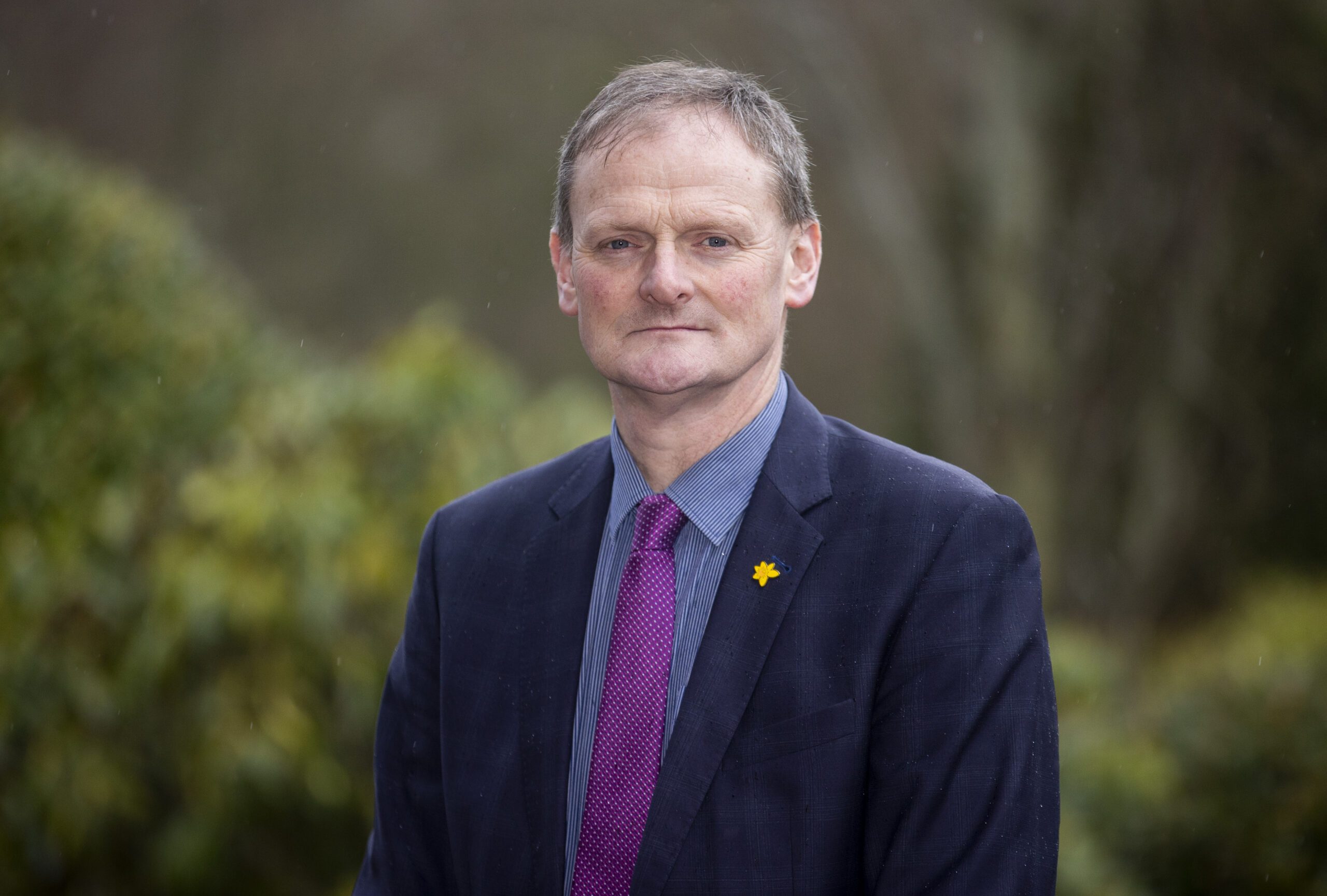The Ulster Farmers’ Union has been monitoring proposed EU control measures for Neonicotinoids which are used in the arable and horticulture sectors. These proposed new controls stem from published academic research in Spring 2012, after which the European Food Safety Authority was mandated to develop the process of carrying out the regulatory assessment of the risks of pesticides to bees. This work will be completed and a new Guidance Document produced in two or three months’ time.
UFU President Harry Sinclair said; “We are pleased that when the EU’s Agriculture Council discussed this issue at the end of January there was strong support for a considered, proportionate and science-led approach. The UK offered to share an important field study on effects on bumble bees, which was nearing completion; and considers it essential for the laboratory studies relied on so far by EFSA to be added to by field data given the risks that laboratory conditions fail to reflect impacts in real life.”
The European Commission has since proposed control measures for three neonicotinoid pesticide active substances. Despite their incomplete nature, the EFSA opinions are cited as the main evidence supporting this proposal.
The European Commission proposal was discussed at the Standing Committee on the Food Chain and Animal Health on 14 March and despite widespread concern at the process and the content of the proposals, the European Commission took a vote on 15 March, in which a majority of Member States were unable to support the proposal.
Harry Sinclair concluded; “Our famers are committed to the protection of bees and other pollinators and echo the need for all pesticides to be used in a manner to prevent unacceptable effects on non-target species and the environment, as well as preventing any harmful effect on human health. There is still considerable uncertainty on this important issue but the UFU supports the UK position on this matter and maintains that there is a need to complete the scientific assessment and to consider the impacts of action, including unintended or even damaging consequences.”




